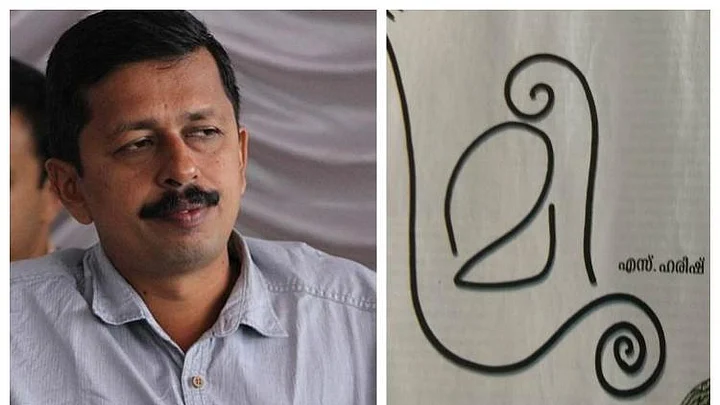The Supreme Court on Thursday, 2 August, reserved it’s judgement over a plea seeking a ban on the publication of Malayalam novel 'Meesha' on the grounds that it allegedly depicts temple-going Hindu women in derogatory light.
The apex court said that the culture of banning books impacts the free flow of ideas and should not be taken recourse to unless they are hit by Section 292 of the IPC that prohibits obscenity, IANS reported.
The order was reserved by a bench of Chief Justice of India Dipak Misra, Justice AM Khanwilkar and Justice DY Chandrachud.
You are giving undue importance to this kind of stuff. In the age of Internet, you are making this an issue. It is best forgotten.Justice Chandrachud
The petition was mentioned for urgent listing before a bench headed by CJI Dipak Misra.
The plea had claimed that certain parts of the novel, authored by S Harish, had created controversy last month.
The petitioner, N Radhakrishnan, had also alleged that certain comments in the book about Brahmins, who perform 'puja' in the temples, amounted to "castiest slur".
It had also alleged that the Kerala government has not taken necessary steps to stop the publication, online sale and dissemination of the novel.
The publication caused public outburst and protests across the nation, especially in the state of Kerala as the matter was published in Malayalam language. Post the publication of the incriminating article, Hindu women visiting temple were subjected to ridicule and embarrassment through various social media platformsThe plea had alleged
"Trolls, which appeared and were circulated on social media, have caused deep pain and anguish to the temple going Hindu believers," it claimed.
The petition had claimed that if the government fails to take appropriate action, it would indirectly invite the public to react and it would not be far before there is "a 'Charlie Hebdo' kind of backlash in India".
(With inputs from IANS and PTI)
(At The Quint, we question everything. Play an active role in shaping our journalism by becoming a member today.)
